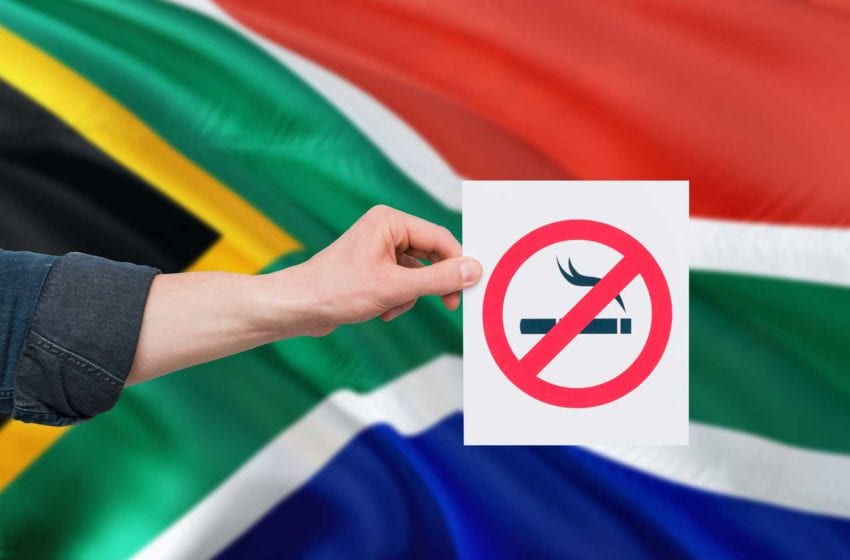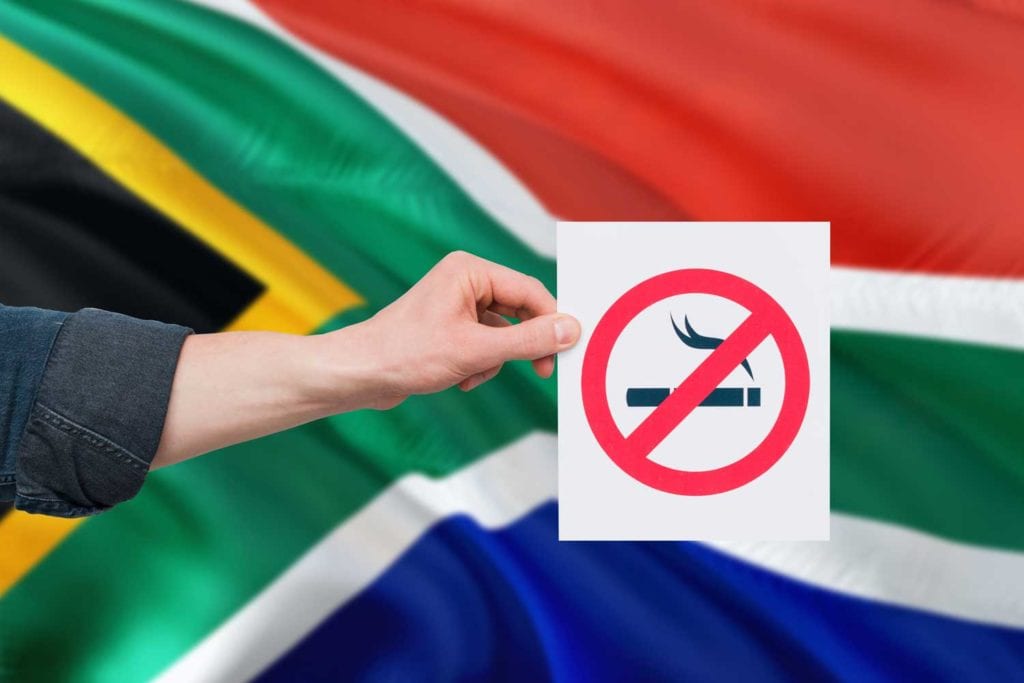Smoking Plunged During Lockdown
- Covid-19 Featured News This Week
- July 7, 2021
- 0
- 0
- 3 minutes read


South Africa’s 2020 Covid-19 lockdown and temporary tobacco sales ban resulted in the fastest fall in smoking prevalence in the country’s history, according to a new study published in Tobacco Control.
Four unpublished surveys estimate that between 16 percent to 49 percent of smokers quit during the five-month ban on tobacco sales. The threefold variance in outcomes is likely due to the characteristics of the respondents studied.
South Africa prohibited tobacco sales from March to August 2020 to help prevent the spread of the coronavirus. The aim was to decrease both disease severity among infected smokers and the demands on the health system.
The 2020 lockdown provided a unique opportunity to study smokers’ responses to the market disruption created by a sudden prohibition on cigarette sales. The ban was unexpected—creating challenges and opportunities for smokers and vapers. Smokers could maintain or change consumption levels—buying cigarettes illegally, if necessary—or stop smoking.
Public perceptions of the ban and the behavior of smokers were monitored by several surveys, but these produced inconsistent data. Despite this, the findings of some surveys were prominently reported in the media, and some also featured in litigation between the tobacco industry and the government.
In December, the country’s High Court ruled that the measure was unconstitutional.
Data showed that the prevalence of cigarette smoking declined during the lockdown and there was evidence that this was the fastest fall in smoking prevalence in the country’s history. The extent of the fall in smoking is uncertain because of methodological limitations, according to the authors, who suggest that better communications from government on the rationale for a ban on sales and a clamp down on illicit sales may have increased compliance.
Prevalence studies post-lockdown, using probability sampling, may show more accurately how many quit, how many relapsed and the size of the illicit market.
